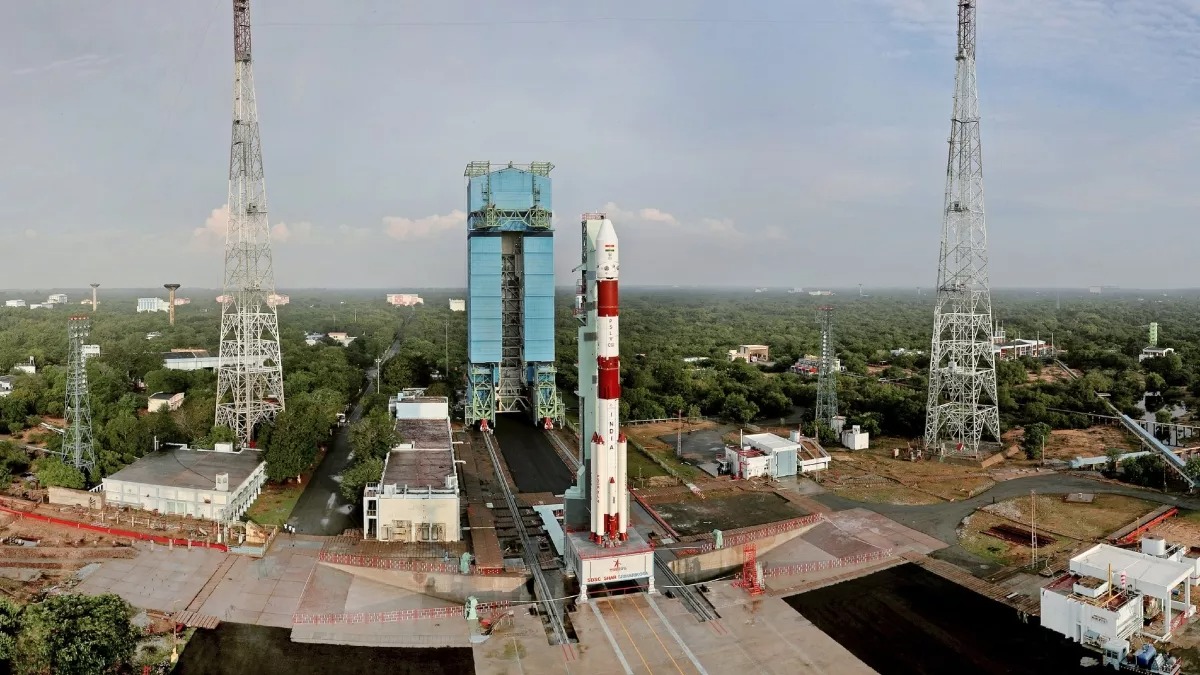
The Indian Space Research Organisation (ISRO) has announced that the launch for the anticipated launch of PSLV-C59/Proba-3 mission satellites will take place on December 4 (Wednesday) at 4:06 pm from the Satish Dhawan Space Centre in Sriharikota, Andhra Pradesh.
In this mission, Polar Satellite Launch Vehicle (PSLV)-C59 will carry satellites weighing around 550 kg into a highly elliptical orbit.
The Proba-3 mission is an "In-Orbit Demonstration (IOD) mission" by the European Space Agency (ESA).
ISRO said on 'X', the reliable PSLV is set to shine with PSLV-C59/PROBA-3, a mission of New Space India Limited enabled by ISRO in collaboration with ESA. This mission will place ESA's PROBA-3 satellites (around 550 kg) in a unique highly elliptical orbit, reinforcing the reliability of PSLV for complex orbital deliveries.
.jpg)
ISRO said in a statement about the launch, the mission aims to demonstrate precision formation flight. The mission consists of two spacecraft, namely Coronagraph Spacecraft (CSC) and Occulter Spacecraft (OSC) which will be launched together in a "stacked configuration" (one above the other).
PSLV is a launch vehicle that helps to carry satellites and various other payloads into space, or as per the requirements of ISRO. This launch vehicle is India's first vehicle equipped with a liquid stage.
The first PSLV was successfully launched in October 1994.
According to ISRO, PSLV-59 will have four launch stages.
The total mass to be lifted by the launch vehicle is about 320 tonnes.
ISRO also highlighted how this launch mission exemplified the "reliable precision" of PSLV and collaboration with other agencies.
The post said the mission exemplifies the reliable accuracy of PSLV and the collaboration of NSIL (NewSpace India Limited), ISRO and ESA. The last launch of PSLV was PSLV-C58, which launched the ExpoSat satellite into a "low-inclination eastward orbit on January 1, 2024".
ESA said Proba-3 is the world's first precision formation flight mission. It will study the solar corona, the outermost and hottest layer of the Sun's atmosphere.
This satellite, also called (X-ray Polarimeter Satellite), is the country's first dedicated scientific satellite of ISRO to conduct research in space-based polarization measurement of X-ray emission from celestial sources.
--Advertisement--

 Share
Share



